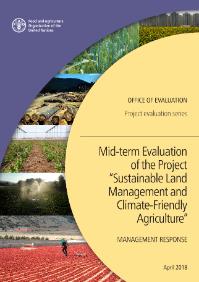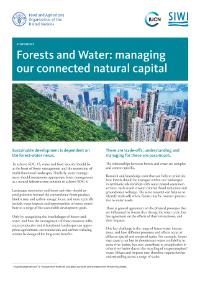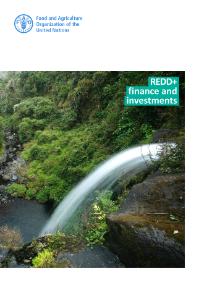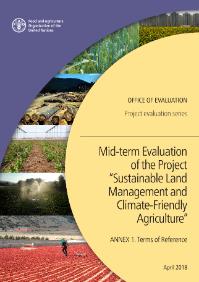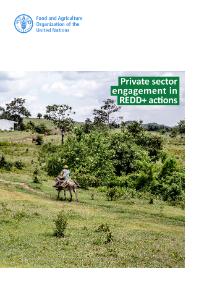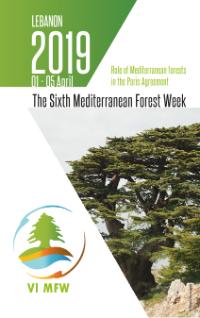Bad-Faith Contracts & Unjust Investments – How can communities protect their interests?
Namati and the Columbia Center on Sustainable Investment (CCSI) have published two new guides to help communities prepare for interactions with investors and;if they so wish;negotiate fair;equitable contracts. Namati’s Rachael Knight and CCSI’s Kaitlin Cordes describe why and how these guides came to be.


